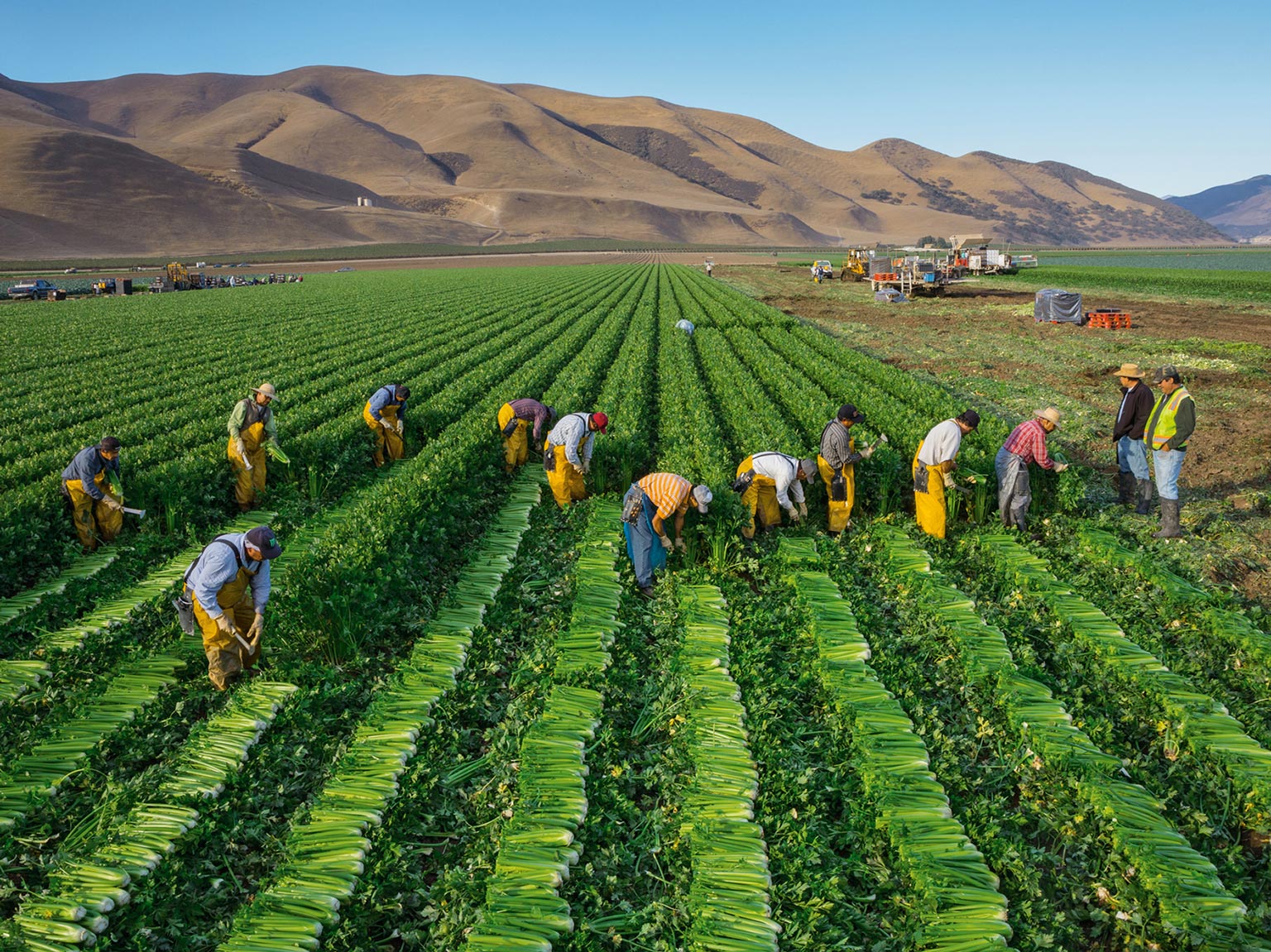I would say that on arable land, hay is grown as an interim/cover crop, so it doesn't utilise any more land than is used for crops for food etc. Otherwise, hay is grown on existing pasture land, so doesn't figure in what we mean by the area of arable land used to grow crops for human use. That doesn't mean that such land cannot be converted to arable land for cropping, but as you point out any exploitive treatment of bees on those lands is associated with the animal ag industry.
From a heckuva lot of time researching and talking to famers and industry bodies. Your reference talks about calories, not area. The thing is that it is extremely hard to disentangle feed markets use from human use markets, because a lot of grains etc that are sold into feed were planted to meet food demand but are downgraded due to various factors. Feed markets provide farmers with a fallback, so act as a risk mitigator. Think of it this way, if a farmer knows that of whatever acreage he plants, 40% will be rejected from human food markets, he may not be willing to risk planting so much. But with feed and export markets available, he can frequently plant as much as he can becuse there will be a good market for all harvest unless things go especially badly. Absent feed from the equation and farmers face a much tougher economic proposition. Similarly, there are also a range of co-products in some crops. Soy is an example. Much of the time the oil drives profitability, but not to the exclusion of meal value. Absent feed markets and farmers would still be able to plant and grow soy (or palm, canola etc) to grow for oil, but prices would have to rise. The net result might be a decline in demand, but whether that translate to a significant reduction in area planted and harvested would be hard to calculate.
Like your calories proportioning, proportions of crop yields by mass can possibly shed some light. Cassidy et al in 2013 found that: "...on a global basis, crops grown for direct human consumption represent 67% of global crop production by mass... Feed crops represent 24% of global crop production by mass.... crops used for industrial uses, including biofuels, make up 9% of crops by mass" and Mottet et al in 2017 found that around 40% of global crops are grown for feed (but noting that under their methodology, soy is counted as a feed crop on the basis of their Economic Allocation Factor which does somewhat obscure things as per my point above).
I'm not saying that eliminating feed markets wouldn't greatly change the cropping sector, but just how much of an impact is hard to discern. Plus remember it isn't just food - we also need to come up with plants to produce various fibre type products (eg wool) and other possible uses for animals such as pet food. I don't think we would see a significant reduction in land use overall, perhaps no more than a 20% decrease in land under crops. Also, that area must increase in time as population increases.
Lou, I am just using this one quote to stand in for your whole comment. Bear in mind, we are talking about the effect of crop farming on animal harm. Yes, it is true that eliminating animal farming entirely might have a beneficial effect in terms of reducing animal harms (with the caveat that we are talking about human caused harm; land rewilded may be much worse in terms of net suffering than land used for animal farming). However, the problem of pest animal harms and/or explotation of pollinators is a problem only in the context of cropping. So, what we are concerned with then is what difference to THAT problem we can make by eliminating animal farming. Would area under crops reduce substantially? I think the answer is no. It would reduce some, maybe, but most crops are NOT grown for animal feed. No-one in the world thinks that more than maybe 20-40% of crops are used for livestock feed, depending on methodology used. So, again, your sources are referring to toal agricultural land rather than arable land.
Note: I am not saying that taken overall, eliminating animals from food and fibre production would not reduce the number of animals being harmed. It should. Just not by as much as we might think. But in terms of individual persons making ethical choices, it is even less clear cut. As I have said before, if your measure is merely harm and death, then you are almost certainly doing well to eat eggs from your own backyard chickens, catching your own fish, hunting deer, or buying a side of beef from a high welfare producer with minimal supplementary feeding. On the other hand, regarded as a matter of preventing rights violations, I think we are doing better to not buy animal products when we can choose that.
I don't know, to be honest. I'd not have thought so. Many crops rely on bees for pollination.


